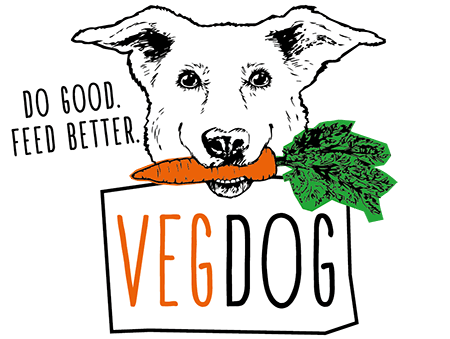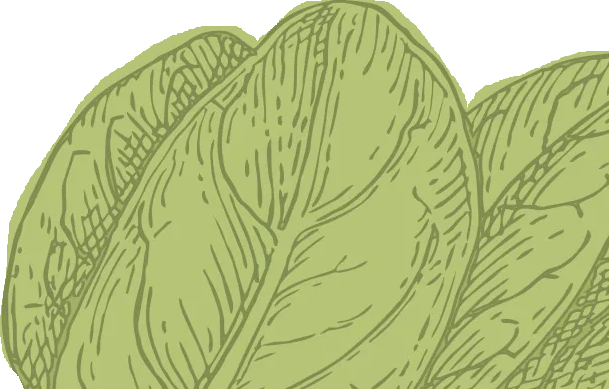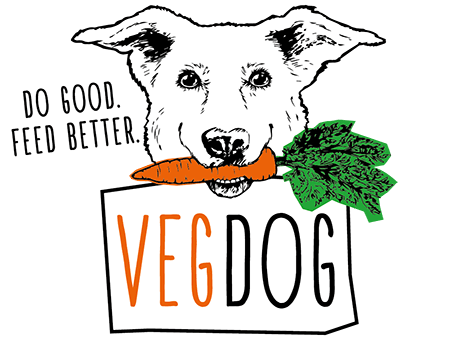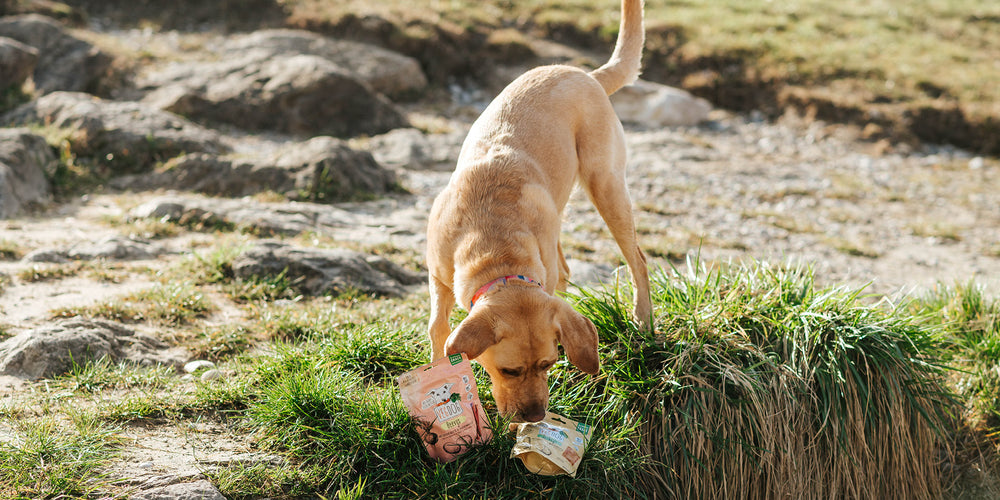
dog food for the joints
Your dog's joint health is crucial for his mobility and quality of life. With the right diet, you can prevent joint problems and keep your four-legged friend active even in old age. VEGDOG's MOBILITIES and SENIOR food contain important nutrients such as glucosamine and omega-3, which support the joints.
 Author: Carla Steffen
Author: Carla Steffen
 Proofreader: Veronika Hajek
Proofreader: Veronika Hajek
Updated: 01.10.2024
Published: 24.06.2024
dog food for healthy joints
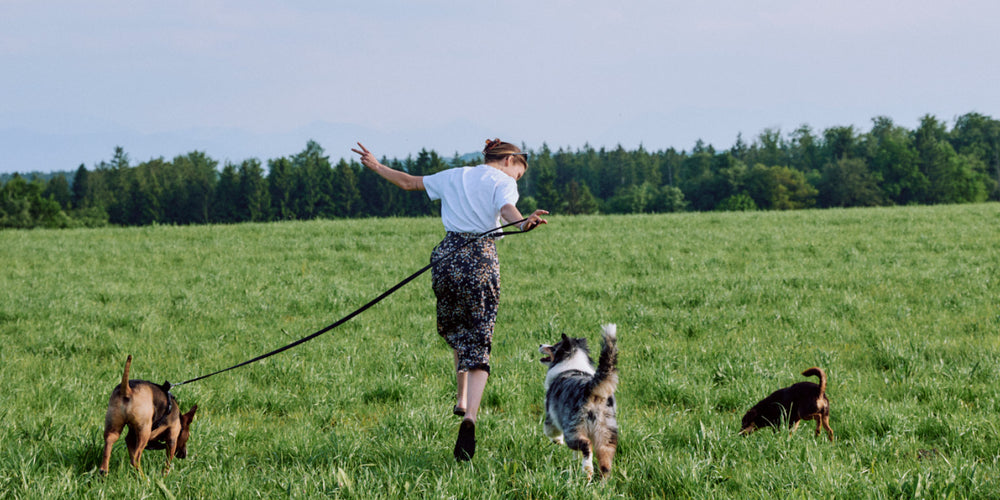
The joint health of our four-legged friends plays a crucial role in their mobility and quality of life. Just like us humans, our dogs can also suffer from joint problems that limit their mobility and take away their enjoyment of exercise. To prevent this from happening and to ensure that your furry friend can still romp around the dog park even when he is older, you should pay attention to a few things when it comes to their diet.
Below we will tell you what the causes and symptoms of joint diseases are and how you can prevent joint problems in your dog with the right diet. You will also find out which dog food can promote joint health.
The Causes of Joint Problems in Dogs
There can be many causes of joint problems. They often occur with increasing age, as the cartilage tissue breaks down over time. But young dogs can also have problems if they have a genetic predisposition or a congenital defect, for example. There are dog breeds that are particularly frequently affected by joint problems such as HD (hip dysplasia), ED (elbow dysplasia) and osteoarthritis . These include large and fast-growing breeds such as Golden Retrievers, Labrador Retrievers, German Shepherds and Rottweilers. In addition, being overweight can lead to excessive wear and tear on the joints, as can overloading the joints due to too much exercise. But a lack of nutrients can also affect joint health, as can accidents and trauma.
First signs of joint diseases
The following symptoms may indicate a joint disease in your four-legged friend:
- stiff gait
- lameness
- Rapid fatigue when walking
- Difficulty jumping and climbing stairs
- preferred lying position
- Difficulty getting up
- Howling or growling when the joints are touched
- Decreased appetite
If your furry friend shows some of the symptoms listed above, you should urgently consult a veterinarian.
Which dog food for joint problems?
Glucosamine can maintain and support joint health. That's why we have included an extra portion of glucosamine in our MOBILITIES to sustainably support the joints of our four-legged friends.
Omega-3 fatty acids also support the joints by reducing inflammation. This can help with osteoarthritis pain, for example. Thanks to the combination of hemp, algae and linseed oil, our VISH OIL is rich in important omega-3 and omega-6 fatty acids.
How can I prevent joint problems in my four-legged friend?
With a dog diet that meets their needs, you can prevent joint problems early on. It is particularly important during growth that your furry friend receives sufficient nutrients to ensure even development of body weight as well as bones and joints. At the same time, a growing dog should not consume too much energy, otherwise they will grow too quickly. This can lead to serious and permanent skeletal damage and misalignment. Once your dog is fully grown, you should continue to pay attention to their diet to avoid obesity. With the vegan dog food from VEGDOG, you can do something good for your loyal companion and their health. Our dry and wet food meets 100% of their needs and therefore provides your four-legged friend with all the important nutrients. But you can prevent joint problems not only with high-quality dog food, but also with a good amount of exercise.
Discover the VEGDOG SENIOR wet food for furry friends from 7 years
Has your dog already reached the golden years? Then not only joint problems occur more frequently, but also other signs of aging. We have therefore tailored our SENIOR peas & millet wet food variety together with veterinarians specifically to the needs of older animals . This variety is not only easy to digest, but also has an optimal calcium-phosphorus ratio for the changed energy requirements of your senior. Lupins, lentils and peas cover your pet's protein needs, while the amino acid profile strengthens the muscles. Millet and carrots also support your dog's joints, so that he can still enjoy his life even in old age.
VEGDOG MOBILITIES support the joint health of your loyal companion
A lot of exercise also means increased strain on the joints. To maintain and support the joint health of your furry friend, we have developed our VEGDOG MOBILITIES . These dog treats contain glucosamine, which has a positive effect on the joint health and mobility of your four-legged friend. Whether you have a little bundle of energy at home or a cozy senior citizen - these treats are a great reward for in between meals and are also good for your four-legged friend's joints.
Conclusion: Dog food for healthy joints
A healthy diet that meets your dog's needs, such as VEGDOG dog food, plays a crucial role in your dog's joint health. If your furry friend receives all the nutrients it needs and enough exercise so that it has an ideal weight, the risk of joint diseases can be minimized. If your loyal companion still suffers from joint problems, a special dog food for joints can help.
Frequently Asked Questions (FAQ)
Which food for dogs with joint problems?
Dogs with joint problems should be fed food that is specifically tailored to their needs. To support joint health, the dog food should contain glucosamine, chondroitin, omega-3 and omega-6 fatty acids, as well as calcium and L-carnitine.
What is good for a dog’s bones and joints?
In addition to a diet that meets your dog's needs and an ideal weight, regular exercise is essential for the health of your dog's joints and bones.
How do I know if my dog has joint pain?
Joint pain can manifest itself in a variety of ways. Typical symptoms include a stiff gait, lameness, difficulty jumping and climbing stairs, difficulty standing, pain when touching the joints and a reduced appetite.
